Publications
Articles, publications, books, tools and multimedia features from the U.S. Institute of Peace provide the latest news, analysis, research findings, practitioner guides and reports, all related to the conflict zones and issues that are at the center of the Institute’s work to prevent and reduce violent conflict.

Acknowledging U.S. Missteps Can Ease Japan-South Korea Relations
History sits at the heart of the frigid relationship between South Korea and Japan. Not just the history of Japanese imperialism, but also the history of U.S. strategic interests since 1945. U.S. decision-making stemming from such interests — at first framed within the context of fighting the Cold War and now defined by U.S. competition with China — has oftentimes exacerbated long-term South Korea-Japan relations in its pursuit of expedient solutions and limited the opportunities and avenues for reconciliation.
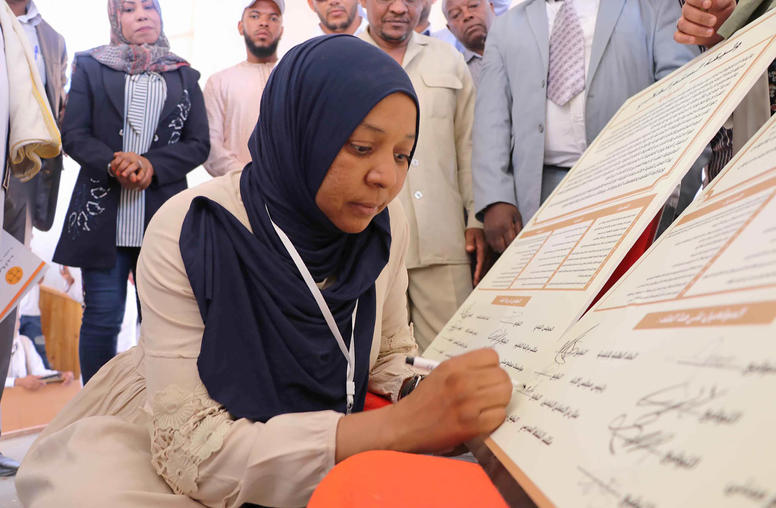
Peacebuilding Needs Local Partners — But How Do You Define ‘Local’?
The Global Fragility Act (GFA) marked the launch of a new U.S. government approach to conflict prevention and stabilization abroad. Notably, this new approach includes a commitment to locally-driven solutions — a reflection of the peacebuilding community’s growing emphasis on the local dimensions of peace and conflict.
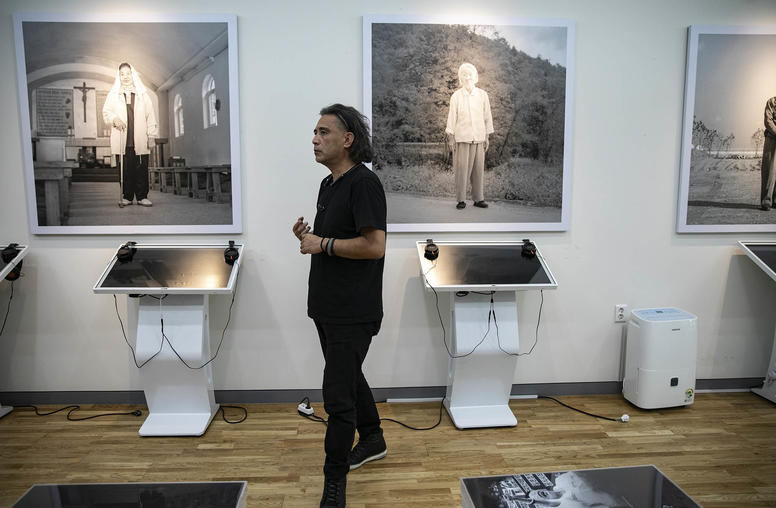
Different Wartime Memories Keep Japan and South Korea Apart
The current state of relations between South Korea and Japan is, in the judgment of many observers, the worst since normalization in 1965. Despite decades of interaction, cooperation and even integration, relations between South Korea and Japan seem to have reverted to a dysfunctional status in which even the most basic forms of diplomatic intercourse present a challenge.
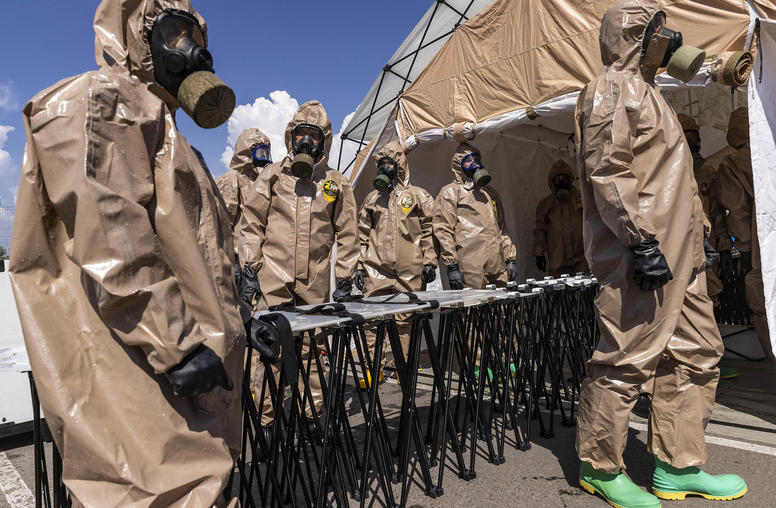
Russia’s New Nuclear Threat: Power Plants as Weapons
Russia’s invasion of Ukraine and occupation of Europe’s largest nuclear power station have triggered the first real-world case of a crisis that security scholars have feared for decades: a threat of radiological disaster from a wartime incursion on an operating nuclear power plant. Russia effectively is using the plant at Zaporizhzhia as a pre-positioned nuclear weapon to threaten and intimidate not only Ukrainians but millions of Europeans across a dozen countries. This is undermining global security institutions in which all countries have a stake, and Russia must join the international community in treating nuclear power plants as demilitarized zones.
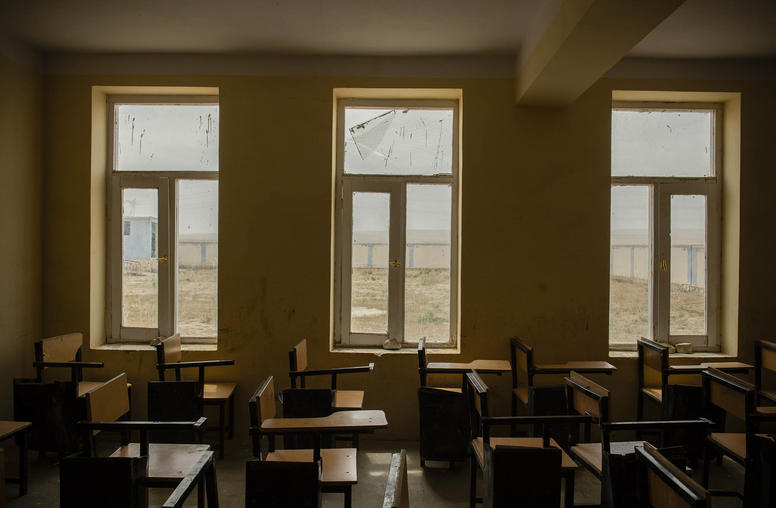
After a Year of Taliban Rule, Advances for Afghan Women and Youth Have All but Evaporated
Despite prior assurances that they had moderated their positions, the past year of Taliban rule has been marred by a disturbing rollback of women’s and girl’s basic rights as 20 years of advancements have nearly evaporated. Meanwhile, the current economic crisis has forced young Afghans out of the workforce and left them in dire financial and humanitarian straits. USIP’s Belquis Ahmadi and Matthew Parkes examine how the Taliban’s oppressive policies have affected Afghan women, girls and youth over the last 12 months and offer ways for the United States and international community to support Afghanistan’s next generation.
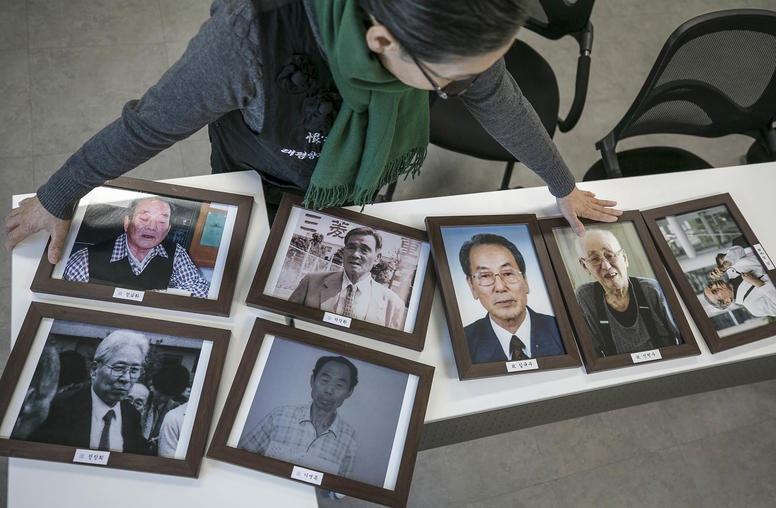
Resolution of Korean Forced Labor Claims Must Put Victims at the Center
In 1965, Japan and South Korea signed numerous treaties and agreements to normalize relations, including the Treaty on Basic Relations reestablishing diplomatic relations and a Claims Agreement settling property claims among the two countries and their nationals. These agreements have failed to resolve bilateral tensions stemming from the claims of Koreans who were subjected to forced labor by Imperial Japan during World War II. Some parties have called for a legal resolution based on the arbitration clause in the Claims Agreement. However, major issues would arise if the two countries pursued arbitration.
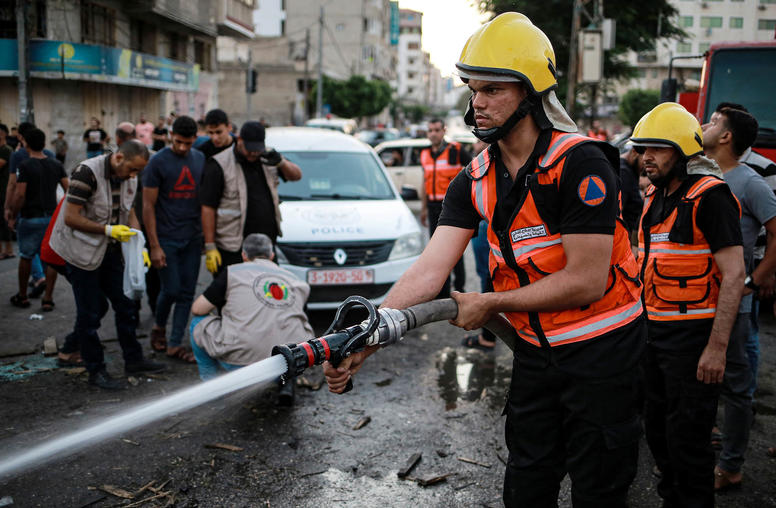
Israel-Gaza Conflict: A Short Confrontation with Disproportionate Implications
No one was ever in doubt about the damage that the Israeli army can inflict on Gaza, or in the occupied territories in general, in any military confrontation. The gap in the balance of power is one of the widest in the region. This has been the case in the wars that took place in 2008, 2012, 2014, and 2021, and in the latest military attack that ended on August 7, 2022. The duration of the conflict, the extent of the destruction in Gaza, the regional and international response and other factors varied widely. However, unsurprisingly, like in previous confrontations, each side claims that to some extent it was able to achieve its objectives.
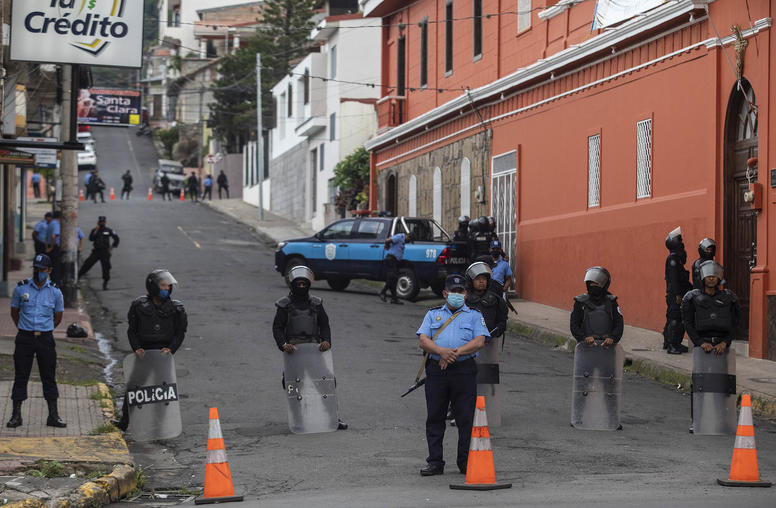
Will Other Central American Leaders Follow Nicaragua’s Authoritarian Lead?
The Nicaraguan government has intensified its confrontation with one of the country’s most popular and historically powerful institutions: the Catholic Church. Police raided the episcopal rectory in the northern city of Matagalpa on August 19, placing a bishop, five priests and two seminarians under arrest. In recent weeks, President Daniel Ortega has shut down seven Catholic radio stations, expelled missionaries and banned religious processions in an effort to silence dissent — even at the risk of alienating the country’s fervently Catholic population.
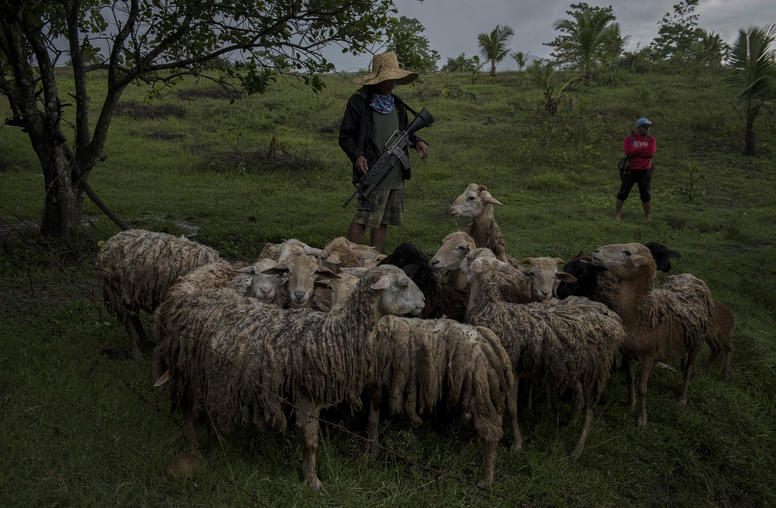
The Importance of Settling Clan Feuds for Peace in the Philippines’ Bangsamoro Region
Clan feuds, or rido, are a constant threat to peace and stability across the territories of the Bangsamoro Autonomous Region of Muslim Mindanao (BARMM) in southern Philippines. Armed conflict displaces tens of thousands of people in Mindanao each year and rido is one of the causes of these displacements. The persistent cycles of rido contribute to other forms of social issues and violence, ranging from child exploitation to violent extremism.
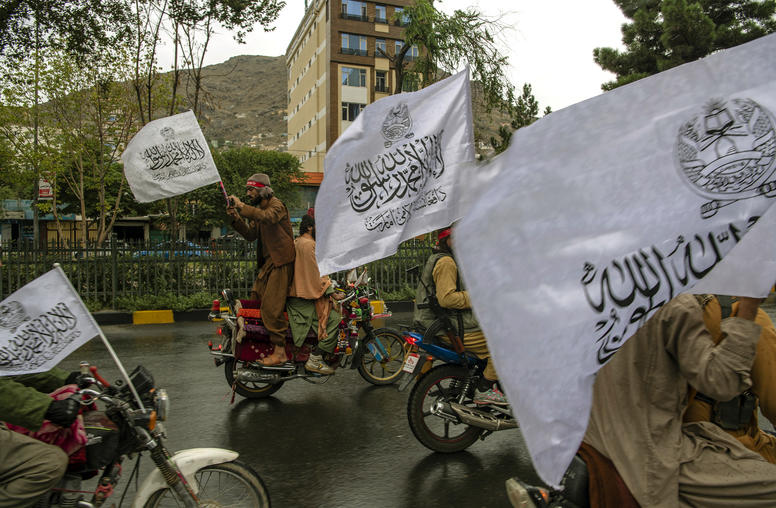
You Can’t Choose Your Neighbors: The Taliban’s Testy Regional Relationships
One year after the Taliban takeover of Afghanistan, its relations with its neighbors remain tepid as the region comes to grips with the reality that they now own a greater share of Afghanistan’s problems and the Taliban realize that neither recognition nor financial aid are going to come from the region easily.